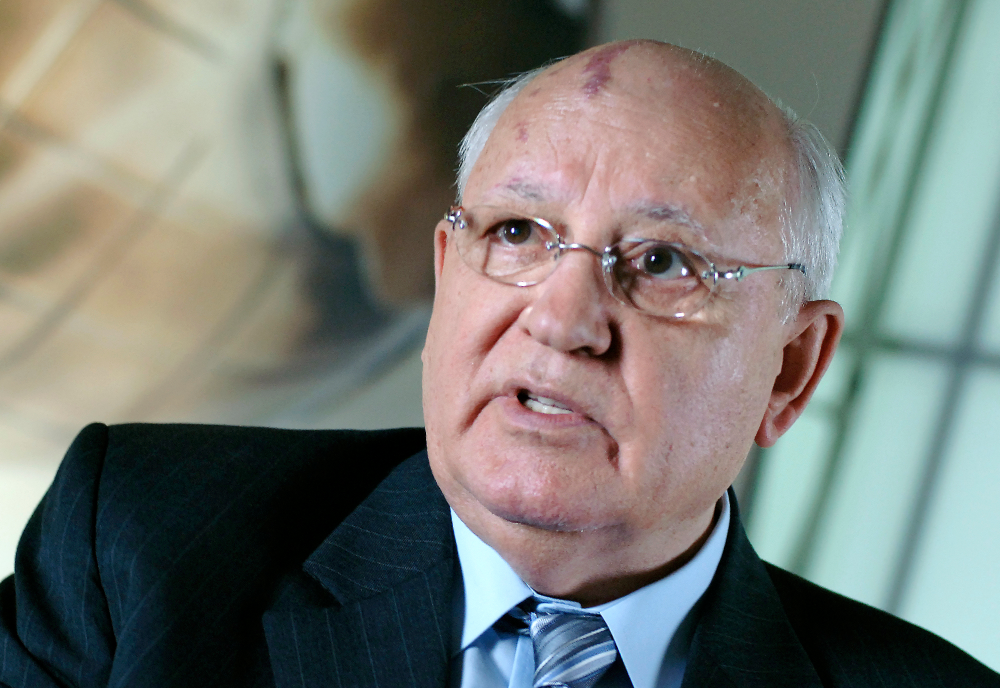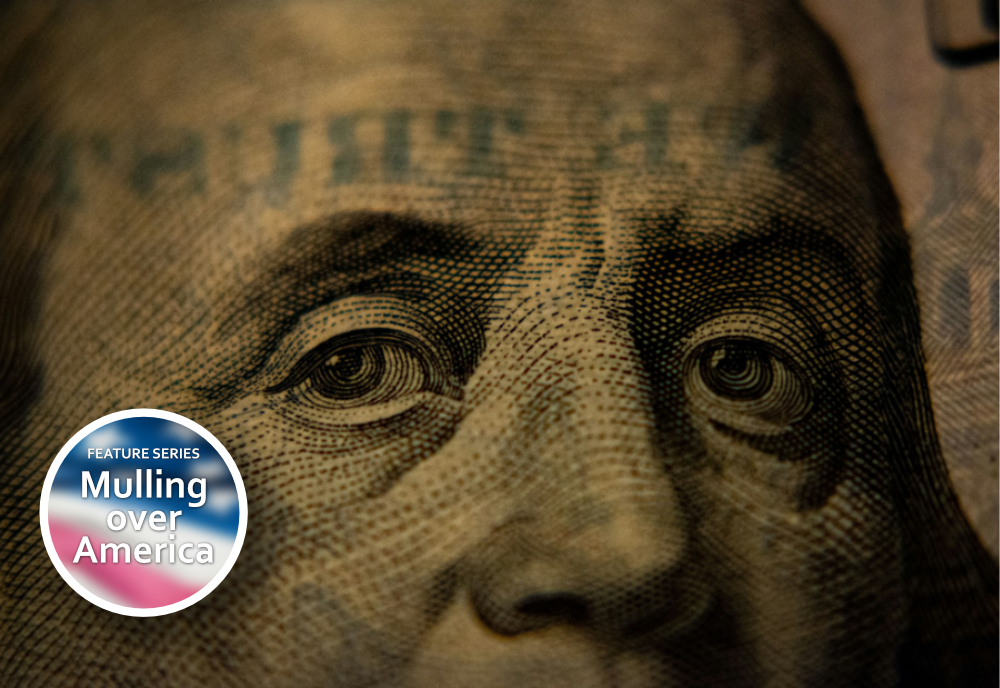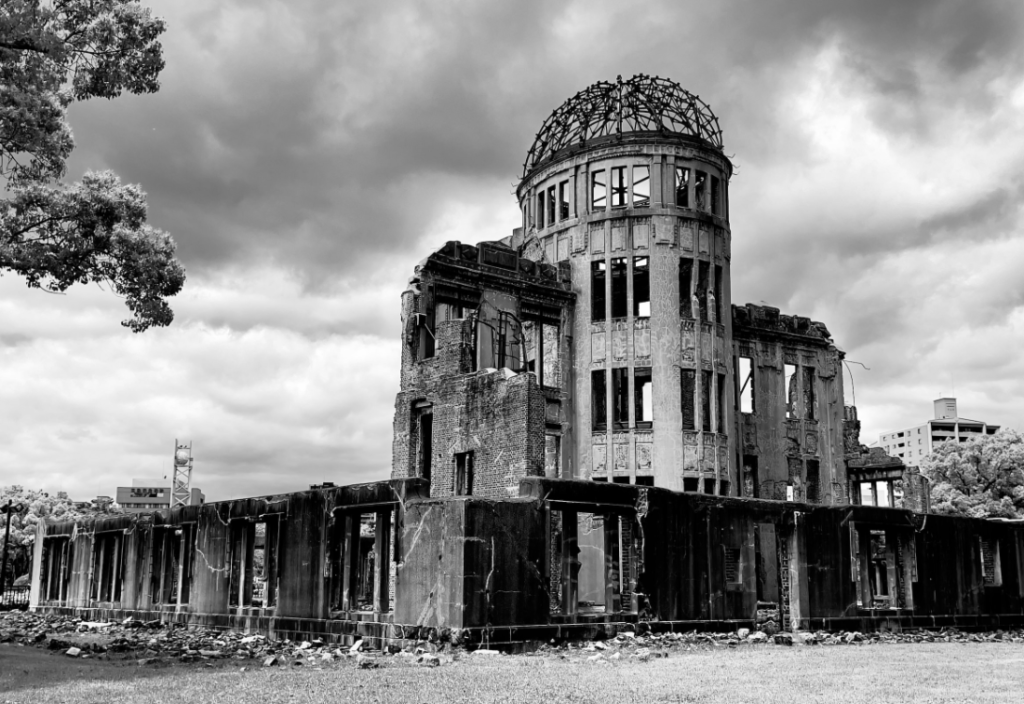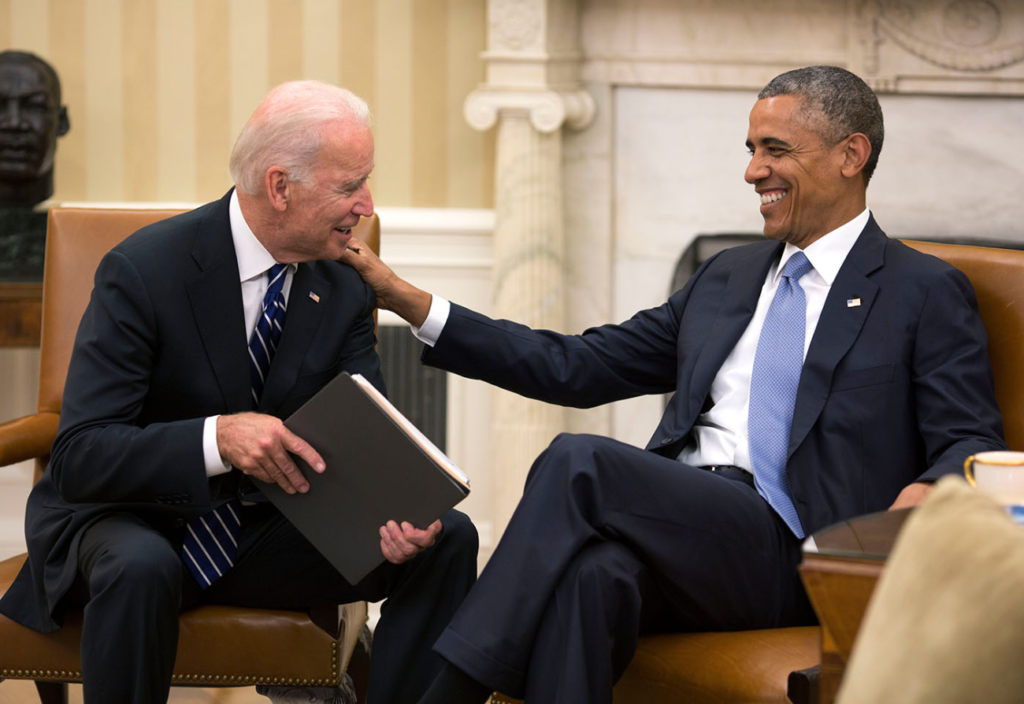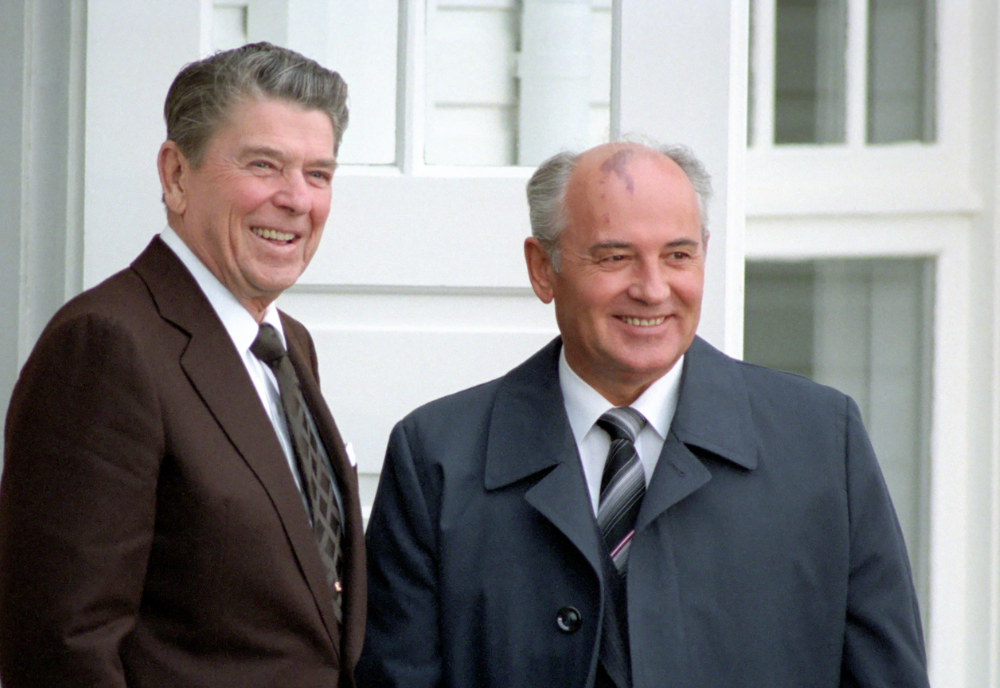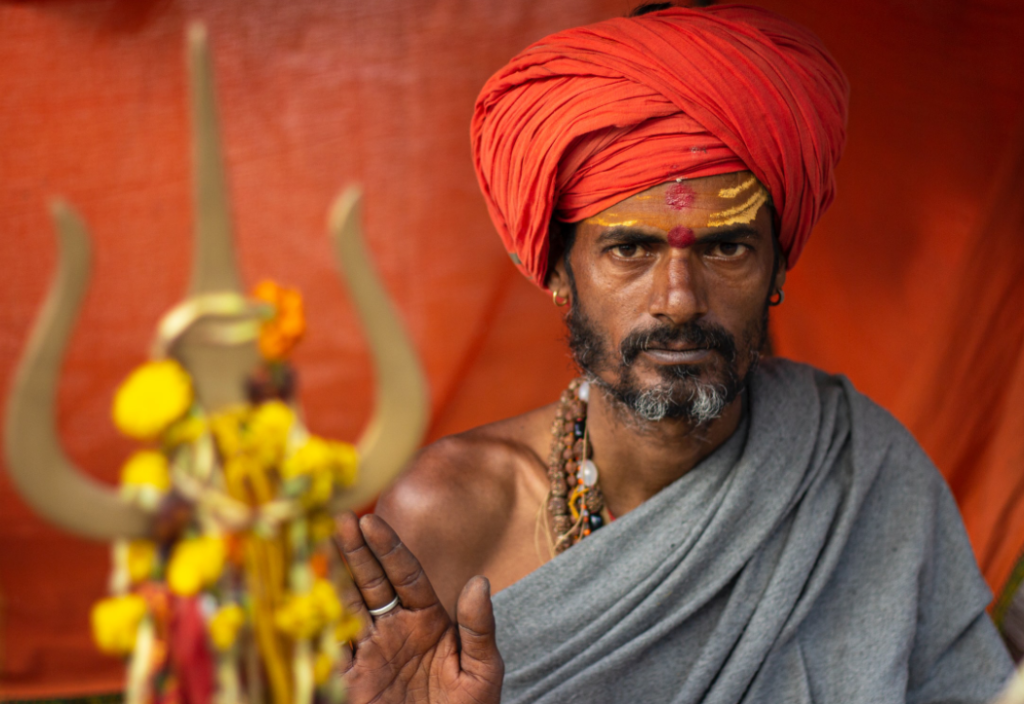As a world statesman and a student of world affairs, Mikhail Gorbachev’s perspective is worth having. His 2019 book, What Is at Stake Now: My Appeal for Peace and Freedom, amounts to a state-of-the-world report, covering topics including world peace, the United States as a global power, the declining wealth of the middle class, and the developing civil life in Russia.
In his focus on peace, he considers the current threat of nuclear war, which is now more dire than at any time since 1953.
This period of instability contrasts with past periods that witnessed reductions in nuclear weapons. Guided by Gorbachev’s joint declaration with President Reagan that nuclear wars can never be won and must never be fought, the US and Russia reduced their nuclear stockpiles by 80 per cent of what they had been at the height of the Cold War.
Gorbachev argues for the complete abolition of nuclear weapons, since, as long as they exist, there is a chance that they will be used, as they nearly were in the Cuban missile crisis in 1962.
Gorbachev points out that there are two tendencies in US foreign policy: one is realistic, focusing on the defence of national interests, especially business and military; the second is idealistic, prioritising defence of democracy and human rights. US administrations, he argues, incline to the first.
What does the US want, Gorbachev asks, dominance or partnership? Donald Trump left no doubt about what he wanted: “We have more money than anybody else by far…we’ll build up the military till they come to their senses.” US military expenditure vastly exceeds that of anyone else.
An impartial observer might conclude that the US is seeking military dominance and is intending to rule the world through NATO. Not possible, writes Gorbachev. The unipolar world is over.
The likes of Putin, Modi and Xi have seen to that. Gorbachev makes a suggestion to the multipolar world: that all nations reduce their defence spending by 10-15 per cent and use the money to reduce global warming.
Gorbachev regrets the declining wealth of workers and the middle class, and their diminishing faith in politicians. He writes that he cannot condemn those who vote for political demagogues, since it is human nature to hope and look for political heroes.
How else can people signal their dissatisfaction with the failure of the old politics? Gorbachev believes that social democracy is what the world needs, and leaders who will redistribute the astonishing wealth currently going to a small number of the ultra-rich.
Gorbachev makes the obvious criticisms of one-man-rule and notes, with approval, the growth of civic awareness and actions which he hopes will lay the foundation of genuine democracy in Russia.
Since he retired from politics, Gorbachev, prior to his death, gave lectures to all kinds of audiences, and was always encouraged to see how perestroika and glasnost had changed people’s lives for the better. Perestroika (change and renewal) and glasnost (accountability and openness), including a free press, were the policies of his early years. Let us hope they prevail.
If you wish to republish this original article, please attribute to Rationale. Click here to find out more about republishing under Creative Commons.
Photo by European Parliament (Flickr CC)

